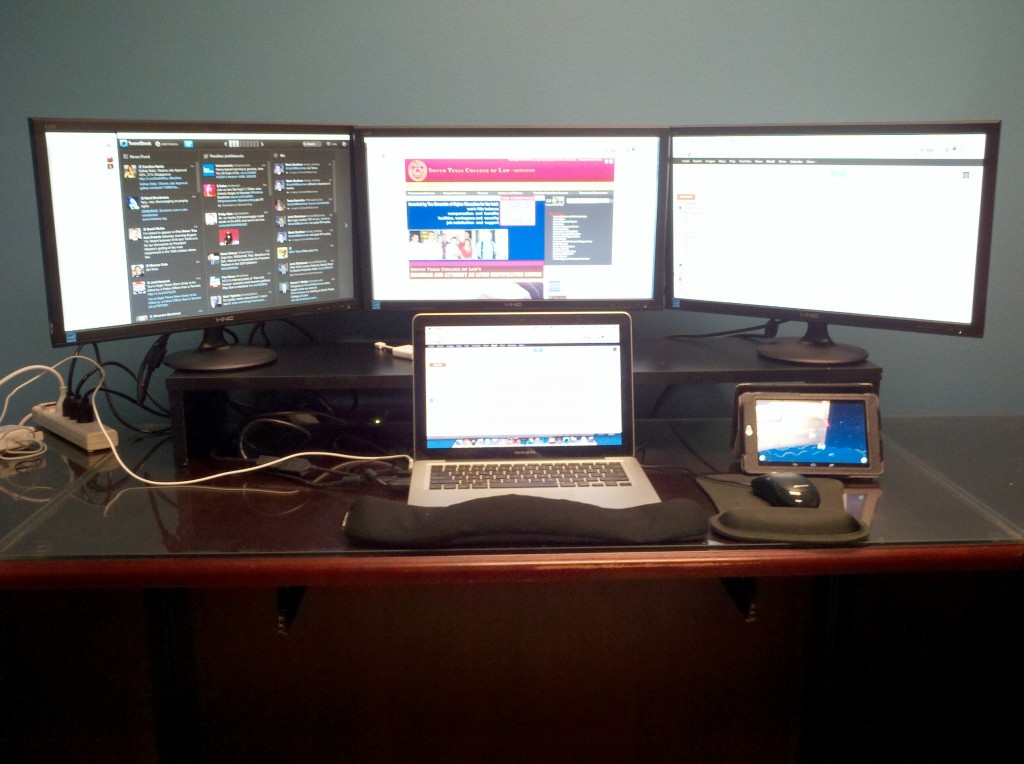Justice Kennedy opened up by saying that “The circuit conference is a prudent and a proper exercise of the judicial function.” This conference has come under serious fire from Senate Republicans who oppose what they see as lavish spending on a Hawaiian junket during tough economic times.
In fact, Justice Kennedy thought it was particularly appropriate to hold the conference in Hawaii:
[The recently-deceased Judge Browning] of course, would have endorsed what Chief Judge Kozinski had said about this conference, and he would have been thrilled that it’s in Hawaii, and it’s important that this conference meet frequently in Hawaii. There is a loveliness, even a loneliness in the Pacific that makes it fitting for us to search in quiet for the elegance and the beauty of the law. The Hawaiian islands, a state on equal footing and of equal dignity with the 13 original states, and all of the other states, is a bastion of freedom in the Pacific. And together with our friends from Federated States of Micronesia, from Marshall Islands, from Palau, from the Commonwealth of the Northern Mariana Islands, and from Guam, they, in a war, the distill within the living memory of many of us suffered anguish and disaster, and hurt and death in defending freedom. And it’s an honor to be here in Hawaii to celebrate the fact that it is citadel of liberty, a bastion of freedom, and we thank the Hawaiian people for their gracious welcome that they always give to us when we come here.T
Kennedy directly addresses the decision of the circuit to postpone the 2013 conference until 2014, and notes that distant learning can be used to help bridge that gap:
With that preface, I probably should not suggest to you those subjects that you might consider for future conferences, but I think your conference, Chief Judge Kozinski, and Judge Taylor ought to give some attention on how you’re going to spend the 24 months between now and the next circuit conference. I can understand that a reasonable argument would be made from a cost benefit standpoint that from time to time the conference can be held every two years but the interim should be used to prepare diligently for the next conference and with distance learning, with Internet websites, with the close cooperation we have between bench, academy, and bar.
In one of the few substantive remarks about his court, Justice Kennedy queries why the Supreme Court is taking so many fewer cases:
Let me suggest just a few topics again, with the disclaimer that my present experience is somehow limited, and I may not understand some of the real problems that you’re facing. It does seem to me that on this same subject of management and litigation that the academy and the bar can be of immense help to the justices, to the judges in trying to expedite the disposition of complex cases. We, on the Supreme Court of the United States, are frankly puzzled as to why our certiorari workload, our certiorari grants are at about one, almost one-third of what they were when I got to the (unintelligible).
AMK looks to academics to help figure this out. Somewhere an empirical legal studies professor got all tingly.
Justice Kennedy feted Kathleen Sullivan:
Secondly, we have wonderful law professors here, the senior law professors like former dean Sullivan, Kathleen Sullivan, Professor Arthur Miller, some wonderful young law professors here. The deans of the law schools met this morning. I would just say about Kathleen Sullivan, I shared a podium with her twice, and she’s a marvelous speaker. We got one very hard question from the audience. She quickly said, “Oh well, Justice Kennedy can answer that.”
Next, Justice Kennedy turns to the current crisis in law schools, and whether students are prepared to be practicing attorneys:
We are now in at a time when law schools are questioning whether or not they are teaching students the right way, and it seems to me that the bench and the bar can engage in serious discussions with the law schools to advise them whether or not, say for the next 20 years, that they have the proper approach for teaching those who will soon be the trustees of the law as active practitioners. That is urgent.
Finally Justice Kennedy turns to the controversial topic of judicial appointments.
Now with the background of Hawaii music which is a very gentle cue for me to conclude my remarks, I might say there is one other subject, a matter of considerable delicacy yet one which must be discussed. And that is the appointment, selection, and confirmation progress, process for new federal judges. The Constitution requires Senate confirmation. The Senate is a political entity and will act in a political way and that’s quite proper. When you’re appointed to a lifetime position, it’s proper for the political branch of the government to have considerable authority over that decision. On the other hand, there is a difference in a political function and a partisan function, and the current climate is one in which highly qualified eminent practitioners of the law simply do not want to subject themselves to this process. And I think its incumbent upon members of this conference, particularly the members of the bar to face the fact that they have the responsibility to ensure that this appointment, selection, and confirmation progress is done without the partisan intensity that now accompanies it. This is bad for the legal system. It makes the judiciary look politicized when it is not, and it has to stop
